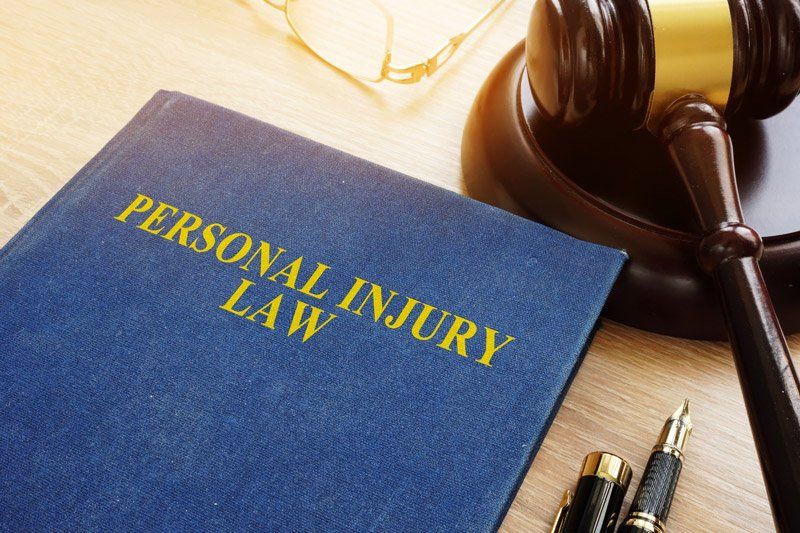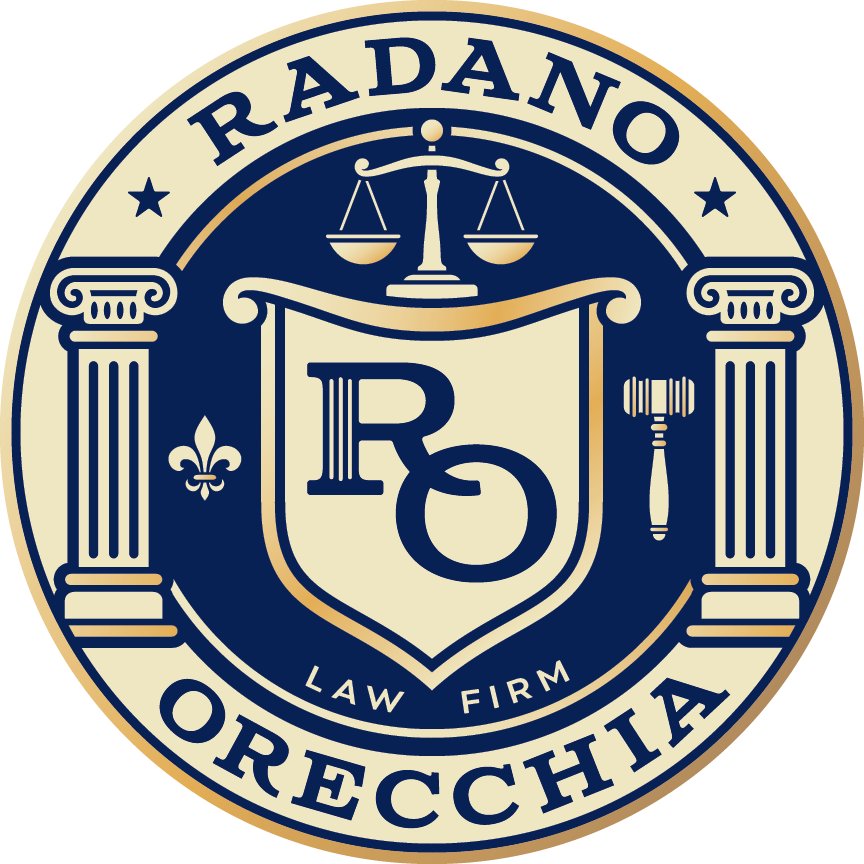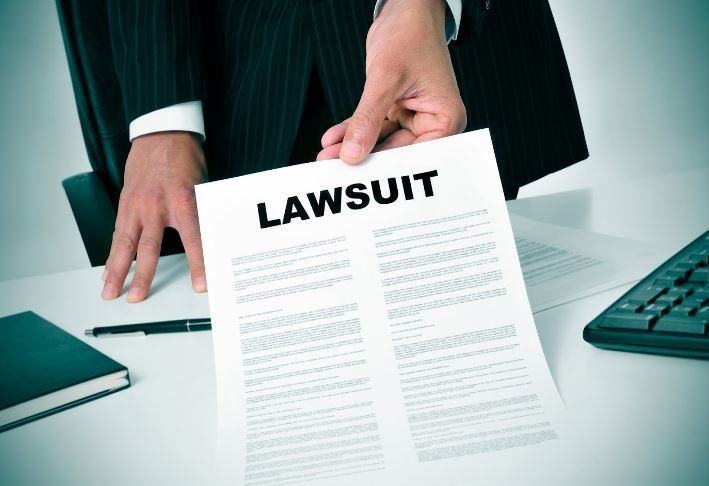By Admin
•
June 15, 2020
How to Protect Yourself and Your Family 20 QUESTIONS A guide to making safe choices when purchasing or renewing your auto insurance policy. The State of New Jersey adopted the Automobile Insurance Cost Reduction Act in 1998. The Act reduces the cost of automobile insurance by reducing the benefits available to persons who are injured in automobile accident. You may have less medical expense benefits to pay for medical treatment and you may lose the right to recover monetary damages from the careless driver who caused the accident. Compulsory Automobile Insurance Q. Am I required to purchase an automobile insurance policy? A. Yes. The law requires the owner of every automobile registered or principally garaged in the State of New Jersey to purchase an automobile liability insurance policy. Q. What happens if I do not purchase an automobile insurance policy? A. If you do not purchase insurance, you will be subject to civil and criminal penalties including fines up to $5,000.00, community service, loss of license and imprisonment. In addition, if you are injured while operating an uninsured automobile, you will not be permitted to recover any economic or non-economic damages from the negligent driver who caused the accident, even if you were not at fault. Type of Policy Q. What choices do I have when I purchase or renew my automobile insurance policy? A. You are required to choose either a Standard Policy or a Basic Policy. Q. What is a Standard Policy? A. A Standard Policy provides liability coverage to protect your assets (your property and your income) if someone makes a claim against you. This is the maximum amount of money that your insurance company will pay to someone who is injured by you, by a resident family member or by the driver of your car. In addition, a Standard Policy provides Uninsured Motorist Coverage if you or a resident family member are injured by a driver who is Uninsured. Q. What are the policy limits for a Standard Policy? A. The minimum liability and uninsured motorist limits under a Standard Policy are $15,000.00 per person/$30,000.00 per accident for Bodily Injury and $5,000.00 for property damage. However, you may purchase higher limits of liability and uninsured motorist coverage up to a single limit of $500,000.00. Q. Should I purchase a Standard Policy? A. Yes. A Standard Policy provides the best insurance coverage to protect your assets if you are sued and to provide compensation to you and your resident family members if you are injuries. Q. What is a Basic Policy? A. A Basic Policy Provides minimal coverage: A Basic Policy does not provide liability coverage if someone makes a claim against you for a bodily injury. A Basic Policy provides only $15,000.00 of medical expense benefits if you or a resident relative family member is injuries (up to $250,000.00 for brain or spinal cord injury.) A Basic Policy does not provide uninsured motorist coverage if you or a resident family member are injured by a careless driver who is uninsured. A Basic Policy does not require your insurance company to provide you with an attorney to defend you if you are sued, even if you are not at fault for the accident. Q. Should I purchase a Basic Policy? A. No. A Basic Policy does not provide adequate insurance coverage to protect your assets if you are sued and does not provide adequate compensation to you and your resident family members if you are injured. Medical Expenses Q. Does the Standard Policy provide coverage for medical expenses? A. Yes. The Standard Policy provides medical expense benefits (PIP) coverage, which includes medical expenses up to $250,000.00 per person per accident. You may elect to purchase less coverage in the amounts of $15/50/75/150,000; however, if you do, you may not have enough insurance to obtain all of the medical treatment you need or to pay for all of your medical bills. Q. Who pays my medical bills if I also have health insurance coverage? A. If you are injuries in an automobile accident, your automobile insurance is primary and will pay our medical bills. You may elect to make your health insurance primary; however, your health insurance plan may not provide coverage for automobile accidents and may not cover all of your family members. Also, some of your bills may not be paid because of deductibles and fee schedules. Q. If I am injured, can I make a claim or file a lawsuit against the negligent driver who caused the accident? A. If you purchase a Standard Policy, you are required to elect a “Lawsuit Option” that will determine if you have the right to make a claim. You must either select either the “Limitation or Lawsuit” option or the “No Limitation on Lawsuit” option. If you purchase a Basic Policy, you are assigned the “Limitation on Lawsuit” option. Q. What is the “Limitation on Lawsuit” Option? A. The “Limitation on Lawsuit” option (also known as the “verbal threshold”) eliminates the legal rights of yourself, your spouse and any children who reside with you to make a claim for monetary damages or to file a lawsuit against a careless driver unless you sustain one of the following types of injuries: Type 1 – Death Type 2 – Dismemberment Type 3 – Significant disfigurement or scarring Type 4 – Displaced fractures Type 5 – Loss of fetus Type 6 – Permanent injury (when a body part has not and will not heal to function normally) Q. What is the “No Limitation on Lawsuit” option? A. The no limitation on lawsuit option (also known as “no threshold” or “zero threshold”) permits you to make a claim or to file a lawsuit against a careless driver for any and all personal injuries. Q. Who benefits if I purchase a policy with the “Limitation on Lawsuit” option? A. The careless drivers who cause the accidents and their insurance companies will benefit because they may have no responsibility for your economic loss or your personal injuries. The insurance companies who provide coverage for careless drivers will benefit because they may not have to pay any monetary damages for your injures. Types of Coverage Q. How can I protect myself and my family if we are sued? A. A Standard Policy provides liability insurance with minimum limits of $15,000.00 per person/$30,000.00 per accident if you are your family are sued. You should purchase additional coverage to protect your assets. Q. How can I protect myself and my family if we are injured by a careless driver who is uninsured? A. A Standard Policy automatically provides coverage for injuries caused by an uninsured or hit-and-run driver in the amount of $15,000.00 per person/$30,000.00 per accident. You should purchase additional coverage up to the amount of your liability coverage. Q. How can I protect myself and my family if we are injured by a careless driver who is insured but does not have adequate coverage? A. The amount of your recovery from a careless driver may be limited by the amount of liability insurance purchased by that driver and by the owner of the vehicle. You should purchase underinsured motorist coverage up to the amount of your liability coverage. WARNING: You must specifically name all resident relatives, employees and all other drivers as “named insured” so that they receive the same amount of uninsured/underinsured motorist coverage that you have purchased for yourself. Q. Can I purchase other insurance protection in addition to automobile insurance? A. Yes. You can purchase a personal catastrophe liability umbrella at a reasonable cost that will provide you with additional coverage if a claim is made against you or any resident family member for injuries sustained by another person. Q. How much coverage do you recommended? A. The law requires the owner of every automobile registered or principally garaged in New Jersey to purchase an automobile insurance policy with liability limits and uninsured motorist limits of $15,000.00 per person/$30,000.00 per accident. However, insurance companies are required to offer coverage up to at least $250/500,000.00 split limits or $500,000.00 single limits. Most insurance companies offer the following choices:








